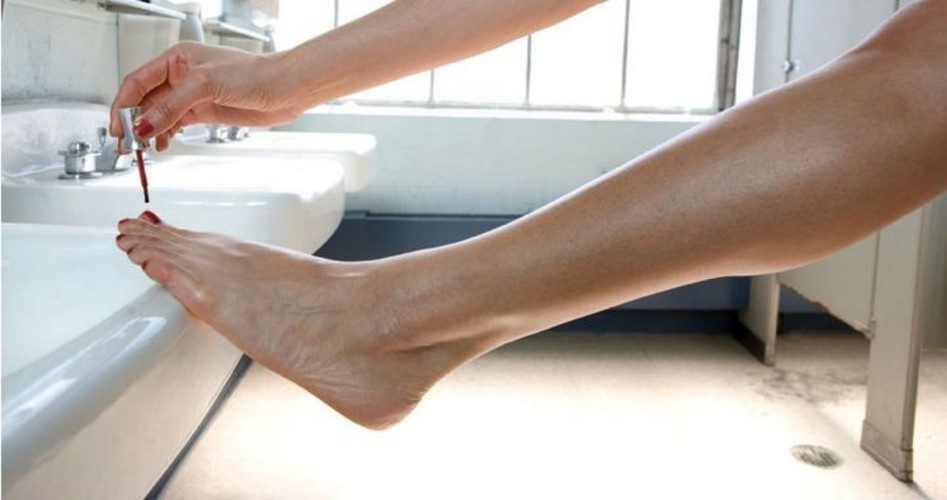
Despite the uproar by LGTBQ groups and their sympathizers in North Carolina over the state’s controversial transgender bathroom bill, three other states are considering similar bills. Legislators in Texas, Virginia, and Kentucky have introduced bills that would require individuals in government-owned buildings to use bathrooms based on the sex that they were born.
The Texas bill, SB6, proposes forcing transgender individuals to use bathrooms in public schools, in government buildings, and on public university campuses according to their biological sex, regardless of whether they identify with a different gender. The bill also stops cities from passing ordinances that would allow transgender individuals to choose which bathroom to use.
Republican state Senator Lois Kolkhorst filed SB6, citing some of the state’s “divisive ordinances” having to do with transgender bathroom regulations, including a Houston ordinance that would have made it illegal to discriminate against someone based on 15 different “protected characteristics,” though that ordinance was voted down by voters.
“I filed this legislation not to start a controversy but to end one,” Kolkhorst said.
The Virginia bill, entitled the “Physical Privacy Act,” has been filed by Republican lawmaker Robert G. Marshall. Under Marshall’s bill, all individuals in government buildings, as well as school buildings and public university buildings, would be required to use the bathroom consistent with the sex listed on the individual’s birth certificate.
Additionally, Marshall’s bill would compel taxpayer-funded school principles to alert parents when there is a student at school who is seeking to be identified by a gender inconsistent with that which he or she was born.
According to Marshall, the bill is about common sense and, like the Texas bill, protecting women from sexual predators. “To let boys or guys without anything else just claim they’re transgendered is to really put women in harm’s way,” Marshall told the Richmond Times-Dispatch. “I guess common sense is not so common anymore.”
Marshall also downplayed the controversy in North Carolina, noting that the state is still ranked highly in Forbes magazine as one of the best states for business.
The efforts are not strictly led by Republicans either, as seen in Kentucky, where Democratic Representative Rick Nelson filed HB 106 earlier this month, which, like the others, would compel individuals to use bathrooms “based on their biological sex” in government buildings, public school buildings, and public university buildings.
Nelson decided to introduce the bill after the legislature’s Republican majority leaders stated that a bathroom bill was unnecessary since the problem does not exist in Kentucky, the Courier-Journal reports. “I just want to make sure those bills are out there in case the other side decides not to do them,” Nelson told the Courier-Journal. “I support them and think they’re pretty good.”
And while these three states are considering transgender bathroom bills, North Carolina continues to experience backlash over its transgender bathroom bill, better known as HB2. North Carolina’s law was introduced in response to a Charlotte City Council ordinance that forced private companies to allow transgender people to use bathrooms based on the gender with which they identify, whether the business owners agreed or not. The bill revoked that measure and prevented the introduction of new LGBT ordinances in the state. An executive order signed by Governor McCrory limited the law’s reach to specific restroom and locker facilities in government buildings and in schools, while allowing freedom to private businesses to continue to set their own rules for bathrooms and locker rooms.
The backlash against HB2 has been significant, with companies such as Deutsche Bank and PayPal Holdings announcing that they would not expand operations within the state. Other major companies such as Apple, Google, and American Airlines have spoken out against the law. And performers Bruce Springsteen, Demi Lovato, and Nick Jonas, as well as bands such as Pearl Jam and Boston, canceled concerts in the state. Interestingly, these entities and people are supporting a law that would cause discomfort and angst among many business owners who are worried about their clients’ safety and privacy, while being against a law that permits private businesses to allow transgenders to use bathrooms if they so choose, and they hypocritically continue to operate in venues all over the country where indecent exposure laws are enforced (basically everywhere), though indecent exposure laws limit the same behavior as transgender bathroom laws.
Additionally, the National Basketball Association’s 2017 All-Star Game was also moved out of North Carolina.
“While we recognize that the NBA cannot choose the law in every city, state, and country in which we do business, we do not believe we can successfully host our All-Star festivities in Charlotte in the climate created by HB2,” the league said in a statement.
An attempt to repeal HB2 during a special session last month failed after Democrats refused to approve a provision that would ban cities from passing certain LGBT ordinances during what the Republicans called a “cooling off” period.




